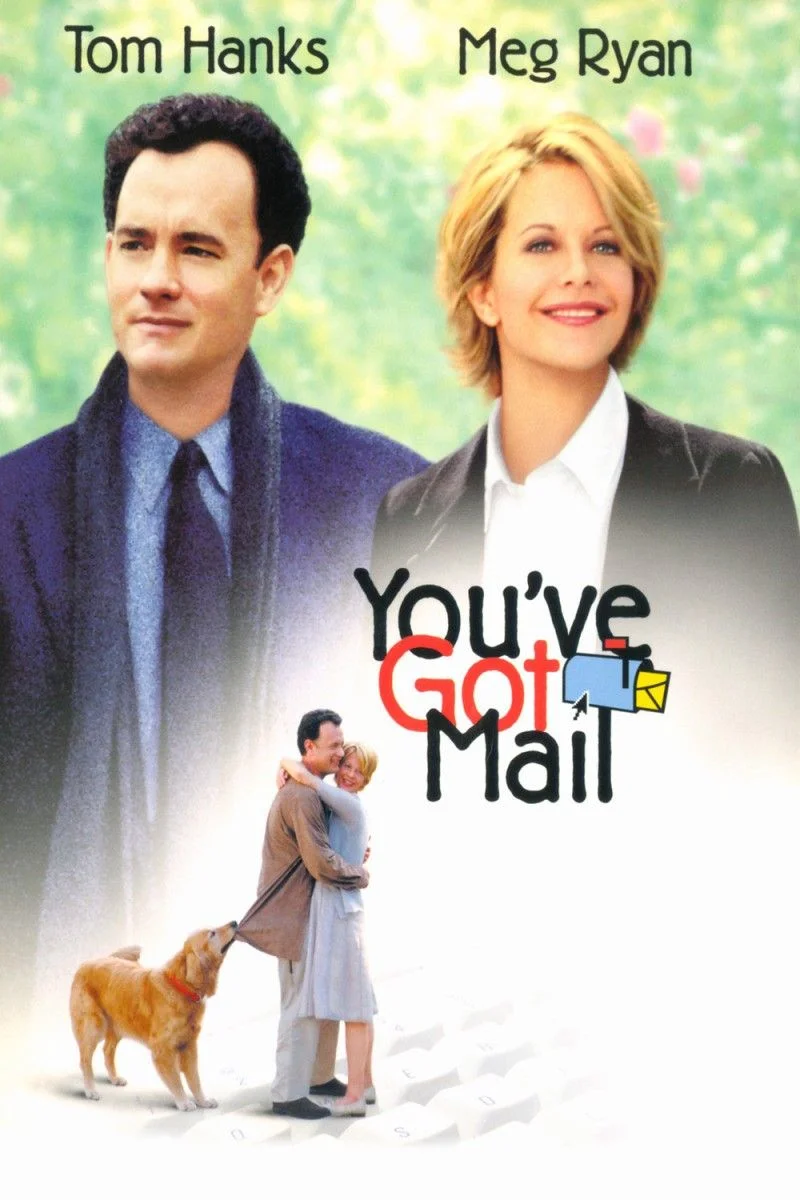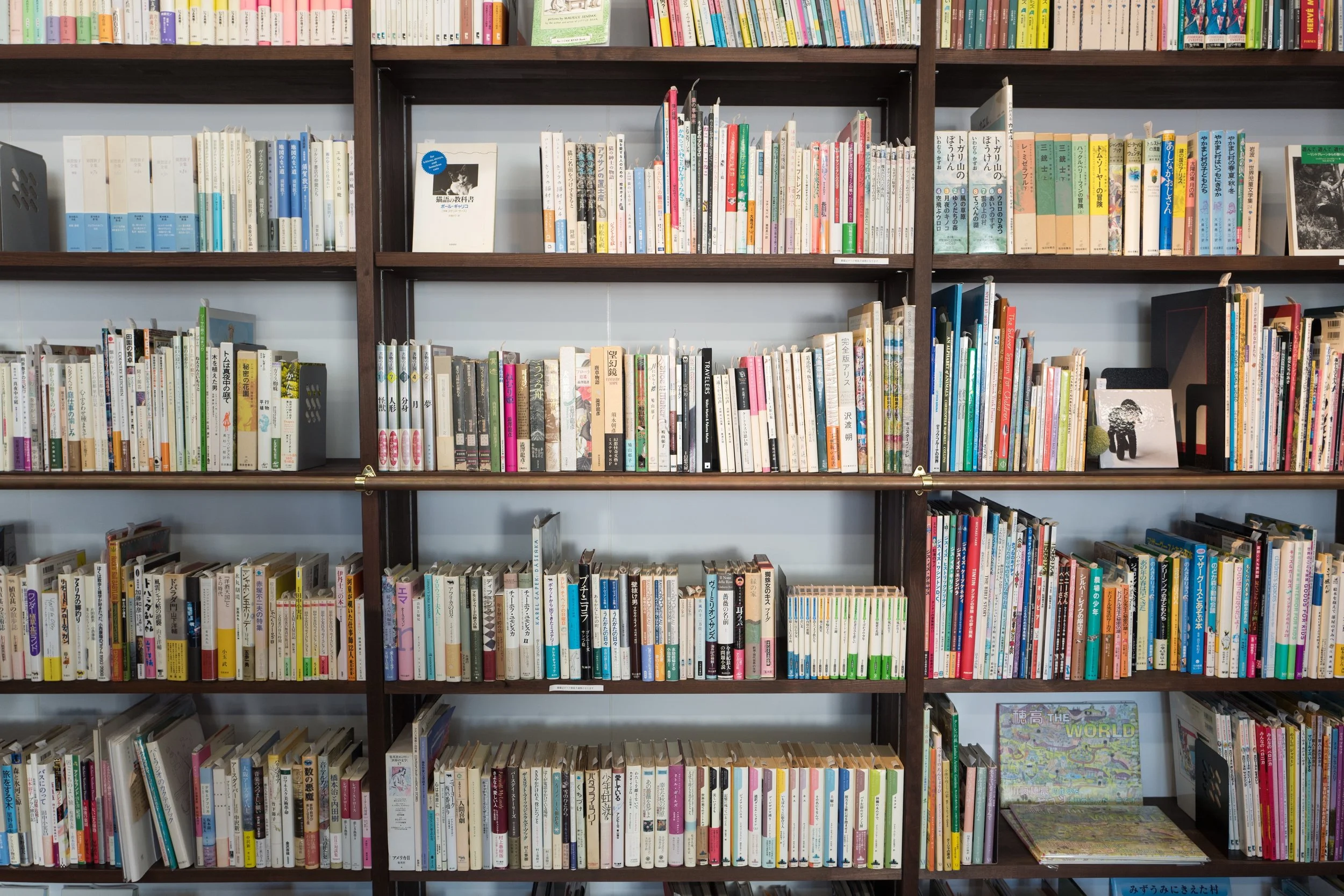Could a Robust Publishing Platform Save a Dying Barnes & Noble?
I know what you're thinking––Barnes & Noble already has a publishing platform. People can self-publish ebooks on Nook, just like they can on Kindle and Kobo. Yeah, but the operative word here is robust.
In Part 1 of this series on B&N's failings, I left off saying they should look for ways to beat Amazon at their own game. This post is how I think they can (and should) do that.
B&N is good at copying what Amazon is doing: Amazon developed the Kindle and started allowing people to self-publish and not long afterward B&N did the same thing with Nook. Rather than using their own unique resources and strengths, they're trying to rip off another company's ideas. (To be clear, I'm not in Camp Amazon either and I think having to choose between them and B&N is like trying to choose the lesser of two evils. I'm not putting B&N down and exalting Amazon here, just stating the facts. Personally, I'm Team Indie Bookstore, which is threatened by both of these forces.)
Since B&N still has a ton of retail stores (even with the 600 that are slated to close) so they have something Amazon inherently doesn't: better discovery tools. Anyone who's ever shopped for books online knows that the "if you liked X book, you might like Y book" recommendation algorithm is shoddy at best. There are times when one word in the title of the book I want is repeated in a completely different book that I do NOT want. Sometimes the recommendations aren't even in the same genre. Algorithms are notoriously bad at choosing books for customers, even given their browsing and purchasing history.
This is one of the many things independent bookstores do well––hand-selling books to patrons based on real human recommendations. And since B&N has physical locations (which Amazon didn't until recently and still only has a handful, which even with the store closures wouldn't compete with B&N) that means they have booksellers on staff. However, booksellers at indie bookstores are unabashedly nerdy in their love of books and are enthusiastic about their jobs and they love hand-selling books to customers. But more often than not, B&N booksellers feel like warm bodies who just know how to work a cash register.
If you don't believe me, consider this: The Strand, which is one of the largest and most successful independent bookstores in the world has an infamous literary quiz on their job applications. Meanwhile, the job description for B&N booksellers makes no mention of a literary test or a minimum number of books their employees are required to read per year. I do, however, find it ironic that making recommendations is included in the job description, though if someone doesn't read or only reads minimally I'm not sure how well they'd be able to perform that aspect of their job. I want to believe that people working in a bookstore truly love books, but it appears that as far as Barnes & Noble is concerned, that aspect of the job is left up to the honor system.
I'd even encourage B&N to offer financial incentives for employees who read a certain number of books a year. Obviously, the more books one reads the more books one is able to recommend. It's not rocket science, it's a numbers game. The booksellers who read the most books are the most valuable to the company.
I know what you're thinking. You're wondering why I'm going on and on about bookseller qualifications and recommendation engines when I'm supposed to be talking about a robust publishing platform, as indicated in the headline. Well, publishing can't thrive without readers and readers can't read a book they don't know exists. That's where the booksellers come in.
If B&N cared to do so, they could identify who their best hand-sellers are in each of their retail locations. It'd be as simple as logging when an employee helps someone and what books they recommended and tallying that info against their sales records for the day. Did the customer actually end up buying what was recommended to them? If so, that bookseller must have convinced them that the book was worth reading.
Once those top sellers are identified, B&N needs to send them copies of books they're publishing via Nook and listen to these booksellers' honest feedback on whether they think the book is good and how enthusiastic they'd be about hand-selling it to customers in store. Once those books are identified, they need to print copies in physical form to sell in stores. This might seem like a jump from Nook since what's published there are ebooks, however, B&N is already in the business of selling physical books they've published. They have that whole Barnes & Noble Classics series where they've printed paperbacks of books in the public domain.
If I'm not mistaken, B&N already does this to some degree. When a Nook book sells really well as an ebook, I believe they actually do print physical copies and put them in stores. The problem is that the marketing of the book is left up to the author. And just because you're a good writer doesn't mean you have an engaged following. What I'm proposing is that B&N actually let the people who know how to sell the books decide what Nook books are good (AKA the ones that would be easiest for them to sell) and print physical copies of those, regardless of how well or poorly they sold unassisted on the Nook platform.
Nook books can also be vetted for regional interest. Meaning, books set in Kansas will probably sell best in Kansas. Likewise, B&N should be able to look at the individual stores' sales data and see if a particular genre or author tends to sell better there than other places and figure out if there are similar Nook books that might do well there too.
At present, Kindle and Nook are competing on the same playing field. The authors have no marketing help from their "publishers" to sell their books, so book discovery is left entirely up to the author's individual marketing capabilities and pure chance. My point is that B&N could leverage the fact that they have actual booksellers to hand-sell books to increase their sales.
There's also money to be made from self-published authors who dream of seeing their books on B&N's shelves, but whose books aren't deemed hand-sellable by the top booksellers. Every inch of shelf space counts in bookstores and it's a constant guessing game to determine how many copies of a particular book a store should have on hand given customer demand. And even when the number of books has been decided, bookstores still have to consider whether they want to put the book spine out or face out on the shelf or whether they want to put it on a display table. And if the book doesn't sell as well as anticipated, it's taking up space that another book can be using.
But what if I told you there was a way for B&N to be paid for the shelf space a book occupied regardless of whether the book sold? If self-published authors want to see their book on B&N's shelves, let them pay to rent bookshelf space. To make it sustainable for B&N, the author would have to buy the amount of shelf space they wanted and pay to have the number of copies of books needed to fill that space printed. They could opt to pay more if they want the book face out or on a display table and the rate would be determined by how long they wanted to rent the shelf space for.
And they'd get royalties on any books sold. And if the book sells especially well (x number of copies per month), their shelf rental fee should be returned because since B&N is the publisher, they'd already be making money on the sale of the book too. But if the book doesn't sell, they'd still have the shelf rental fee to cover their expenses for having that book on the shelf instead of one that would actually sell.





